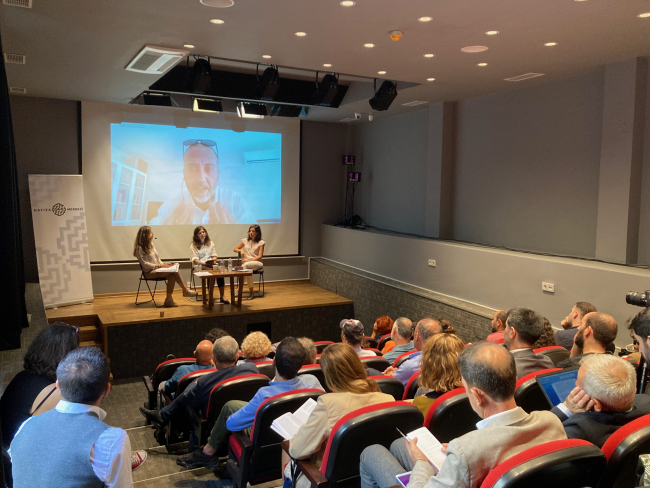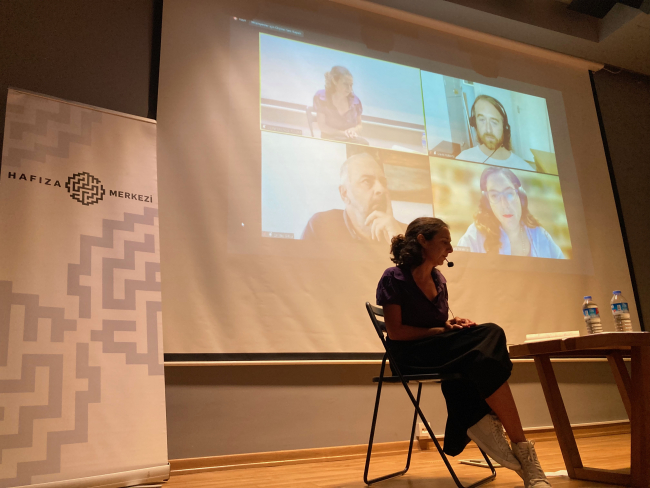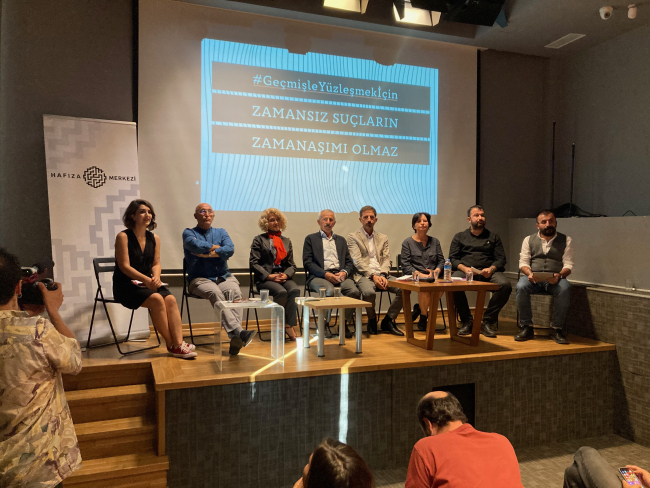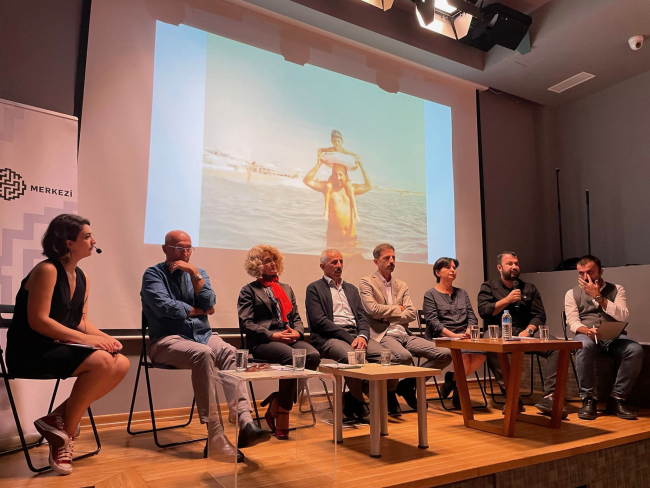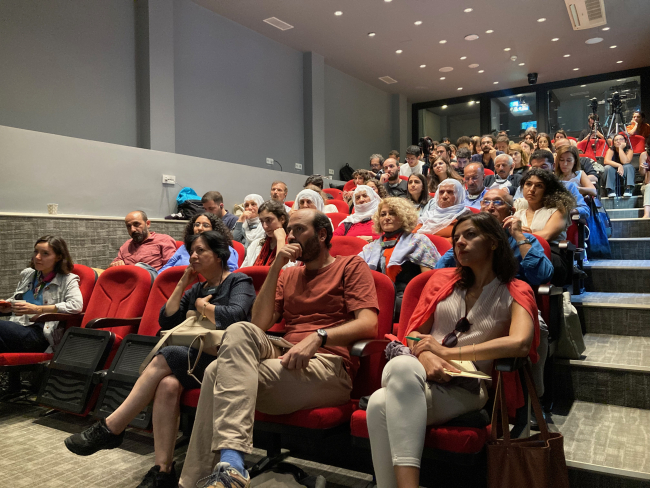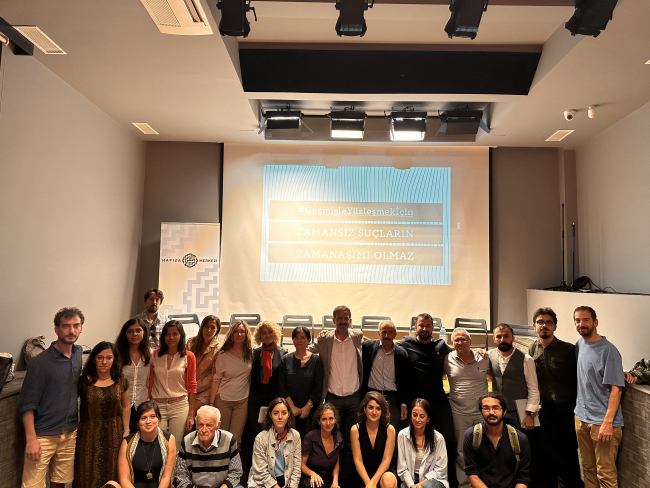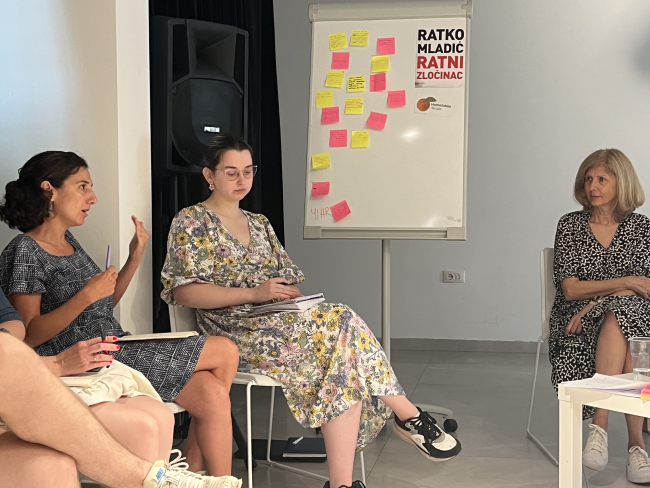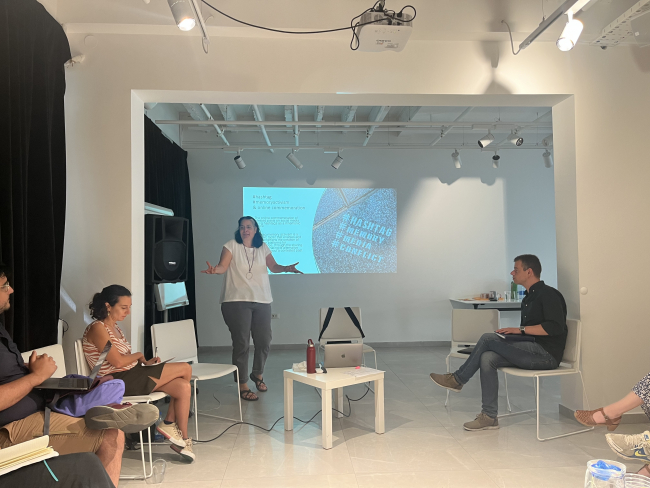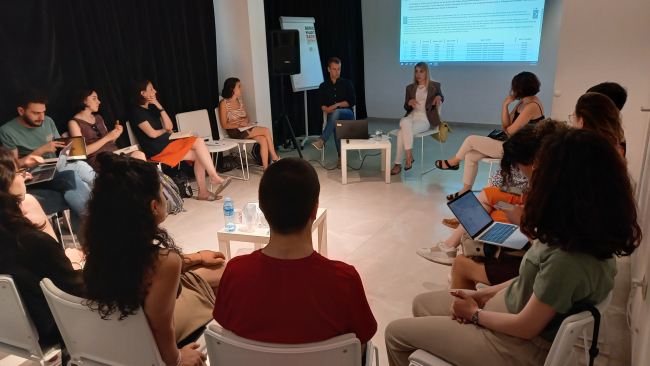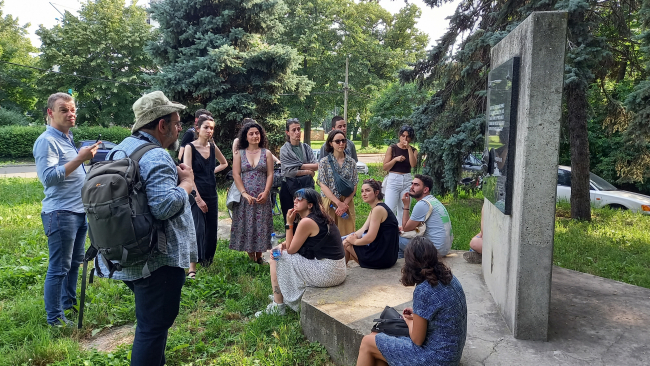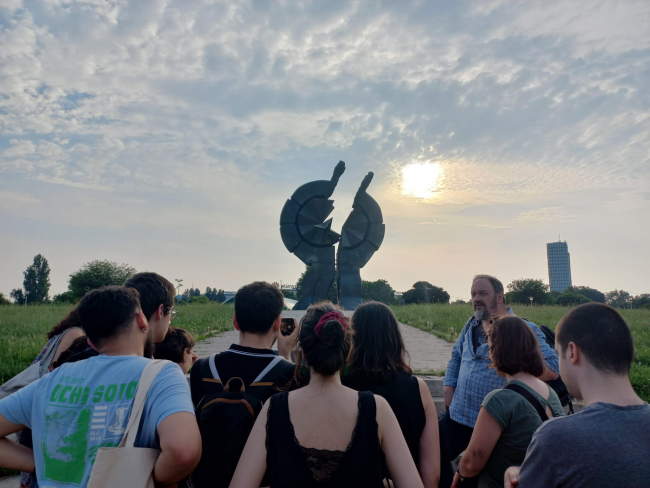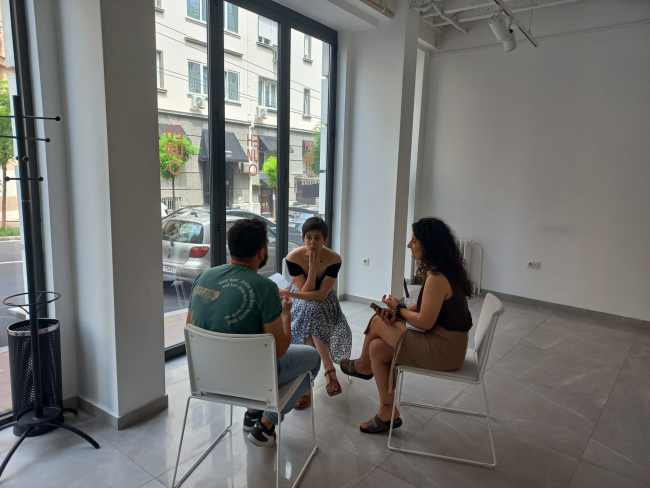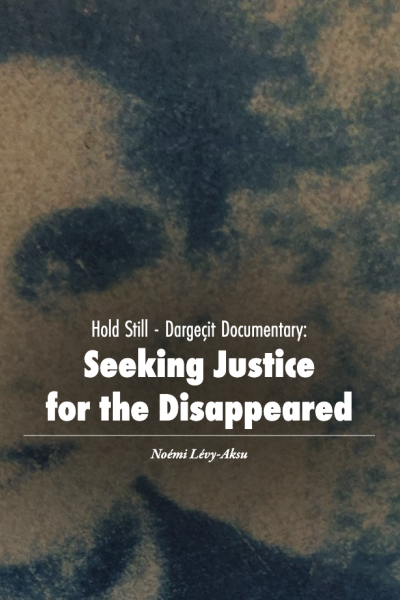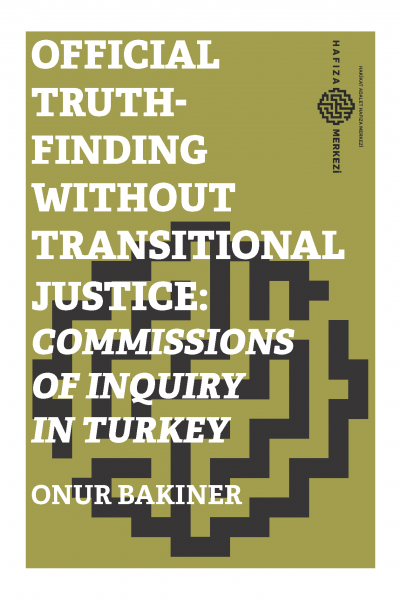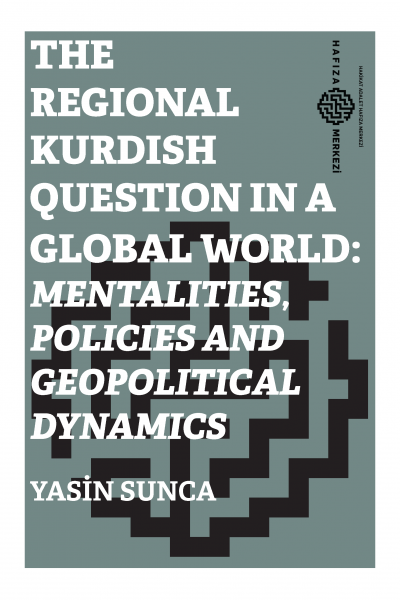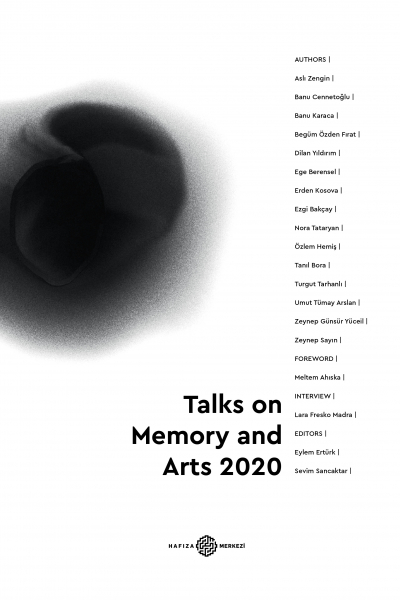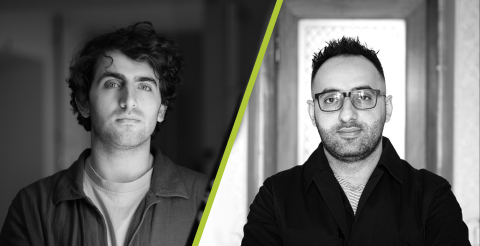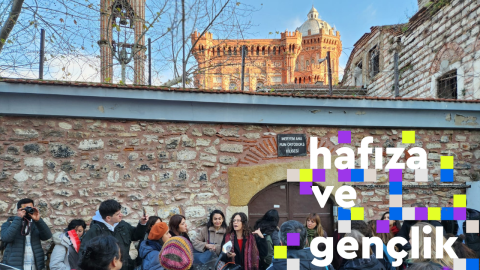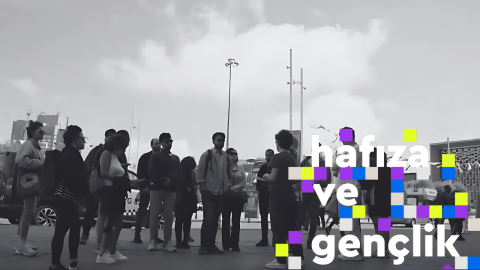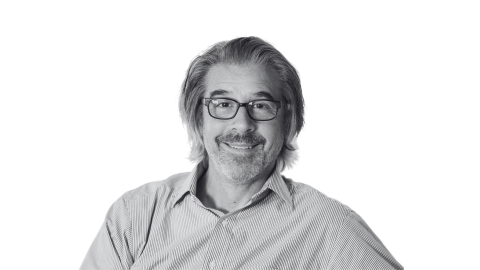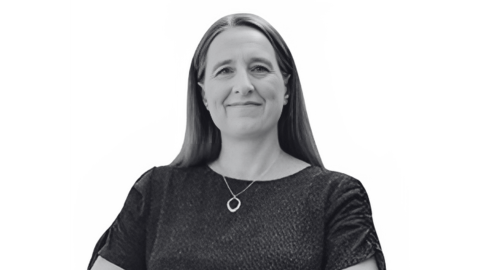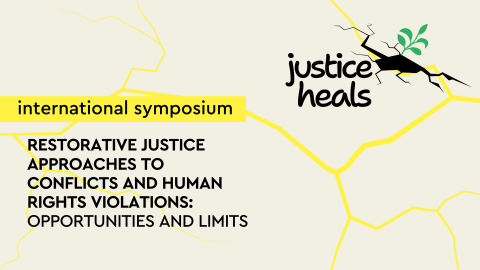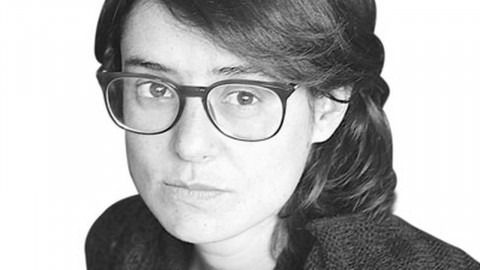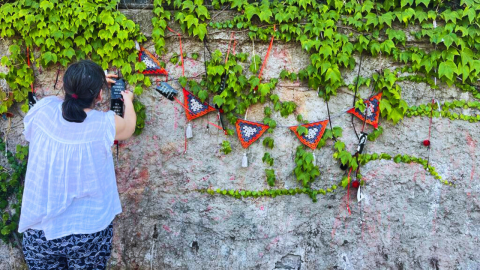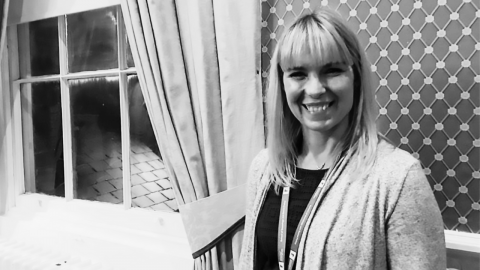Strengthening Advocacy for Peace in Turkey
Start Date: 01.01.2020
End Date: 31.12.2024

Objective
Through this project, we aim to increase the capacity of civil society in Turkey to contribute to peace advocacy and a potential new peace process. In line with this general objective, the project aims to increase knowledge production on important topics for the construction of a new peace process, strengthen collaboration among institutions, and encourage young people's relationship with the peace area.
Rationale
The negotiations that began in 2013 - known as the "Solution Process" in the public - aimed to end the armed conflict that had been going on for nearly 40 years and to find a peaceful and democratic solution to the Kurdish issue, ended in failure in 2015. This two-year period created an environment where discussions about the Kurdish issue and its political solution were held by more diverse groups, and the democratic space expanded with partial policy changes. The intensifying conflicts after the end of the process shifted the discussions around the Kurdish issue from peace and resolution to war and terrorism. With the unsuccessful coup attempt on July 15, 2016, and the subsequent declaration of the State of Emergency, a new environment emerged in which basic human rights and freedoms were more severely violated, the civilian space was visibly narrowed, and the language of nationalism and militarism dominated. Research has shown that civil society organizations, whose participation in the Solution Process was limited, had to continue their work under more difficult conditions after the process came to a halt. All of these challenging processes have made it necessary to bring political peace discussions to the agenda more persistently.
Activities
Within the scope of this project, a series of reports will be prepared, analyzing the Solution Process in topics such as decentralization, disarmament, and transitional justice, and presenting comparative examples from around the world for the Kurdish issue. In addition, various workshops and trainings will be organized to increase collaboration among civil society organizations working in the peace area and to make peace advocacy more visible. Within the project, various workshops, trainings, and study visits will be carried out with young people who want to be more active in the peace advocacy area and contribute to the peace activism area.
1. Published reports
- Cuma Çiçek, Power-sharing and Decentralization in the Context of the Kurdish Issue and Political Peace (Turkish, English, Kurdish)
- Nesrin Uçarlar, A Peaceful Search for Truth in Turkey: Confronting Racism (Turkish, English, Kurdish)
- Yasin Sunca, The Regional Kurdish Question in a Global World: Mentalities, Policies and Geopolitical Dynamics (Turkish, English, Kurdish)
- Onur Bakıner, Official Truth-Finding Without Transitional Justice: Commissions of Inquiry in Turkey (Turkish, English, Kurdish)
2. Translated articles
- Audra Mitchell, “Peace Beyond Process?” (2010) – Turkish translation
- Christophoros Christophorou and Sanem Şahin, “The ‘Others’ in Peace Talks: Representation of ‘Us’ and ‘Them’ in the Turkish-Cypriot and Greek-Cypriot Press.” (2018) – Turkish translation
- Birgit Bräuchler, “From Transitional to Performative Justice: Peace Activism in the Aftermath of Communal Violence.” (2019) – Turkish translation
- Howard Zehr, “The Little Book of Restorative Justice.” (2002) – Turkish translation
- Kerry Clamp. “Transforming Restorative Justice for Transitional Settings.” (2019) – Turkish translation
- Orli Fridman, “Conflict, Memory, and Memory Activism: Dealing with Difficult Pasts.” (2020) – Turkish translation
- Sophie Dufays, “Visual Activism in Protests against Disappearances: The Photo-Portraits of the 43 Ayotzinapa Students.” (2023) – Turkish translation
3. Online panels
Talking About the Past, Creating Space for Peace I
In 2022, we organized an online panel series where we discussed different experiences and approaches to truth-seeking, racism, demand for justice and social peace in Turkey and around the world.
Nowadays, when the possibility of a new peace process in Turkey seems distant, confrontation with the past has started to be discussed again in the political arena. In order to amplify the voice of this rift, we have planned five sessions to discuss issues such as social memory, racism and peacebuilding with a wider audience by making visible the work of civil society organizations with a deep-rooted experience in the field of rights struggle and critical researchers. We hope to open a new space for different approaches to truth-seeking, racism, social peace, and both punitive and restorative mechanisms of justice in the world and in Turkey.
Themes of each session reflect Hafıza Merkezi’s main areas of work, and were picked in such a way as to make it possible to discuss the structural elements of peacebuilding efforts in Turkey in theoretical and practical contexts.
You can find a list of the panels below. Recordings of each session is available on our Youtube account. Unfortunately, the panels are only available in Turkish.
- Coming to Terms with Racism – Nesrin Uçarlar, Yıldız Önen, Betsy Penso – March 9, 2022
- The Role of National Assemblies in Peacebuilding – Nisan Alıcı, Onur Bakıner, Yeşim Yaprak Yıldız – March 30, 2022
- Approaches of Restorative Justice – Aslı Odman, Duygu Dağ, Murat Deha Boduroğlu – April 27, 2022
- Memory and Space in Conflicted and Divided Cities – Dilan Kaya, Nihal Soğancı – June 21, 2022
- The Youth of Turkey's Perception of the Past and Visions of the Future – Cihan Erdal, Derya Fırat, Leyla Neyzi – November 30, 2022
Talking About the Past, Creating Space for Peace II
In 2023, we continued the online panel series titled Talking about the Past, Creating Space for Peace, which we have started in 2022. In the new series, we hoped to discuss different experiences and approaches to the search for truth and justice, sites of memory, memorialization, restorative justice and social peace in the world and in Turkey, and their repercussions.
Nowadays, when the possibility of a new peace process in Turkey does not seem imminent, the concepts of confronting the past and restorative justice continue to be discussed in both civil and political spheres by subjects demanding peace. In order to amplify this voice, we aim to discuss issues such as social memory, the pursuit of justice, memorialization, art and restorative justice with a wider audience by making visible the works of subjects and critical researchers who have struggled in the fields of justice and memorialization in five different sessions. We hope to open new spaces for different approaches to the pursuit of justice, social peace, and both punitive and restorative justice mechanisms in the world and in Turkey.
You can find a list of the panels below. Recordings of each session is available on our Youtube account. Unfortunately, the panels are only available in Turkish.
- Representation of Memory in the Search for Justice – Fatoş İrwen, Kardelen Işık, Şener Özmen – May 8, 2023
- Confronting Madımak Massacre in its 30th Anniversary – Ali Çağan, Eylem Şen, Hüseyin Mat, Şehriban Metin, Şenal Sarıhan – June 14, 2023
- Memory and Peace from the Perspective of Gender – Hacer Özdemir, Handan Çağlayan, Meral Akkent, Nazlı Mayuk – August 10, 2023
- Political Memory of September 12th and Historical Justice – Aylin Tekiner, Bülent Aydın, Eylem Delikanlı, Hülya Deveci – November 1, 2023
- Our Wound is Deep: The Field of Memory and Colonial Aphasia – Adnan Çelik, Noémi Lévy-Aksu, Özgür Sevgi Göral, Tanıl Bora – November 14, 2023
4. Videos
Diyarbakir Suriçi (Walled City) and Nicosia are two cities that have been physically and discursively divided by mechanisms of repression and violence. As a collaborative endeavor of Hafiza Merkezi and Home for Cooperation, we organized two workshops in October and November 2022 to trace the spatial memory of both cities. The video titled Spatial Memory of Divided Cities in Conflict: Diyarbakir and Nicosia tells the story of these workshops.
5. Meetings and workshops
- Peace and Ecology Meeting (with the participation of Zozan Pehlivan, Agit Özdemir, and ecological activists) – May 31, 2021
- Young Peace Activists Meeting (in collaboration with the Cyprus Dialogue Forum, with the participation of young activists from Turkey, Cyprus, and Sweden) – June 16, 2021
- Power Sharing and Decentralization in the Context Kurdish Question and Political Peace (with Cuma Çiçek, Elise Massicard, and Ulaş Bayraktar) – June 23, 2021
- Pursuing a Peaceful Quest for Truth and Confronting Racism in Turkey (with Nesrin Uçarlar, Elizabeth Oglesby, and Yeşim Yaprak Yıldız) – June 30, 2021
- Punitive and Restorative Justice Workshop in the Context of Violations of Children’s Right to Life – Diyarbakır – May 13-14, 2022
- Webinar on academic Yasin Sunca’s report titled Regional Kurdish Question in a Global World (with Yasin Sunca, Güney Yıldız, and Arzu Yılmaz) – May 24, 2022
- Memory Tour and Collage Workshop – Diyarbakır – October 29-30, 2022
- Memory Tour and Collage Workshop – Nicosia – November 5-6, 2022
- Representing and Remembering Conflictual and Divided Cities: Diyarbakır and Nicosia – Online Workshop – November 16, 2022.
- Experience sharing meeting on Hafıza Merkezi’s earlier fieldwork and research on enforced disappearances in Kurdish provinces in the 1990s (with the participation of academic Özgür Sevgi Göral, one of the founders of Hafıza Merkezi) – İstanbul – May 16, 2023.
- Remembering Conflict-Related Human Rights Violations Against Children and Youth – Online Workshop – December 22, 2023.
- Timeless Crimes : Statue of Limitations and Human Rights – Hybrid International Symposium – İstanbul – September 22, 2023.
- New Memory Fields: Opening Space for the Youth, Strengthening International Dialogue Workshop – Hybrid International Workshop – İstanbul – December 9-10, 2023.
Photos from the Statute of Limitations and Human Rights symposium
Click here to watch the video recordings of each speaker’s presentation from the symposium.
6. Field visits
- Cyprus Field Visit (October 24-27, 2021): The visit was organized in collaboration with the Cyprus Dialogue Forum. Its purpose was to bring together young activists from Turkey and young activists from the Turkish Republic of North Cyprus (TRNC) and the Republic of Cyprus to discuss the methods they use in peace work, the challenges they face, and the strategies they develop. The meeting took place at the Home for Cooperation in the buffer zone in Nicosia. A field trip to Maraş was organized on the last day.
- Diyarbakır Field Visit (December 19-22, 2021): The purpose of the visit was to meet with local human rights organizations and activists, learn about their work, and discuss possible collaborations. Meetings were held with institutions working in the areas of human rights, ecology, peace, children's rights, and women's rights.
- Diyarbakır Field Visit (May 11-14, 2022): The purpose of the visit was to meet with local human rights organizations and activists, learn about their work, and exchange ideas for the new research that the Memory Center began in the 2000s. Meetings were held with institutions and individuals working in the areas of human rights, peace, children's rights, and language and culture.
- Antakya Field Visit (September 8-11, 2022): The purpose of the field visit was to visit local NGOs, learn about their activities, discuss the cultural heritage and memories of different religious and ethnic groups, and meet with young activists. Meetings were held with Ali İsmail Korkmaz Foundation (ALİKEV) and Zenginler Workshop members in Antakya, and the cooperative and Musadağ Museum in Vakıflı Village were visited.
- Hakkari and Van Field Visit (December 3-6, 2022): The purpose of the field visit was to meet with local NGOs and lawyers, learn about their activities, and lay the groundwork for the fieldwork for the new research that the Memory Center has begun on the 2000s. Existing data and documentation efforts for these years, experiences and memories, and potential joint work were discussed.
- Diyarbakır Field Visit (27 February - 3 March 2023): A solidarity visit to local CSOs was organized following the earthquake that affected Maraş and its surrounding cities on February 6, 2023.
- Belgrade Field Visit (June 20-23, 2023): The aim of the visit was to bring together activists from the Serbian office of the Youth Initiative for Human Rights, an organization with many branches in the Balkans, and young activists from Turkey, to exchange ideas and experiences on memory sites and memory activism, and to create new perspectives through different examples. During the visit, 15 young memory activists from Turkey and 5 young memory activists from Serbia had the opportunity to exchange information about memorialization processes and the culture of commemorating war and war crimes in Serbia and Turkey and to learn from activist experiences. On the first day, accompanied by Nikola Radić from the Center for Holocaust Research and Education, we had the opportunity to visit several memorials in Belgrade and discuss in detail social use and misuse. Jelena Jovanović, a researcher from the Humanitarian Law Center in Belgrade, presented the digital memorials that HLC has realized in the field of memory in the last few years. The projects presented included the Kosovo Memory Book, the Batajnica Memorial Initiative and the Voices of Victims project run by YIHR. At the end of the workshop, Marko Milosavljevic from YIHR Serbia conducted an activity on hidden mass graves with the participants. The event was held in front of the entrance to the training center of the Special Anti-Terrorist Unit of the Serbian Police, where the remains of 744 Albanian victims were found. Click here to see the itinerary of the field visit.
- Diyarbakır Field Visit (27 February - 3 March 2023): The purpose of the visit was to meet with initiatives and activists working in the area of children’ rights, women’s rights and cultural rights.
- Diyarbakır Field Visit (25 November - 6 December 2023): The fieldwork focused on restorative justice and the violations of the right to life of children.
Photos from the Belgrade field visit
* You can reach us via info@hafiza-merkezi.org if you have any questions or comments about the project.
** Featured illustration for this web page: Support Your Fellow Human by Moldovan artist Dumitru Ochievschi, created for The Greats project run by Fine Acts (CC-BY-NC-SA).
